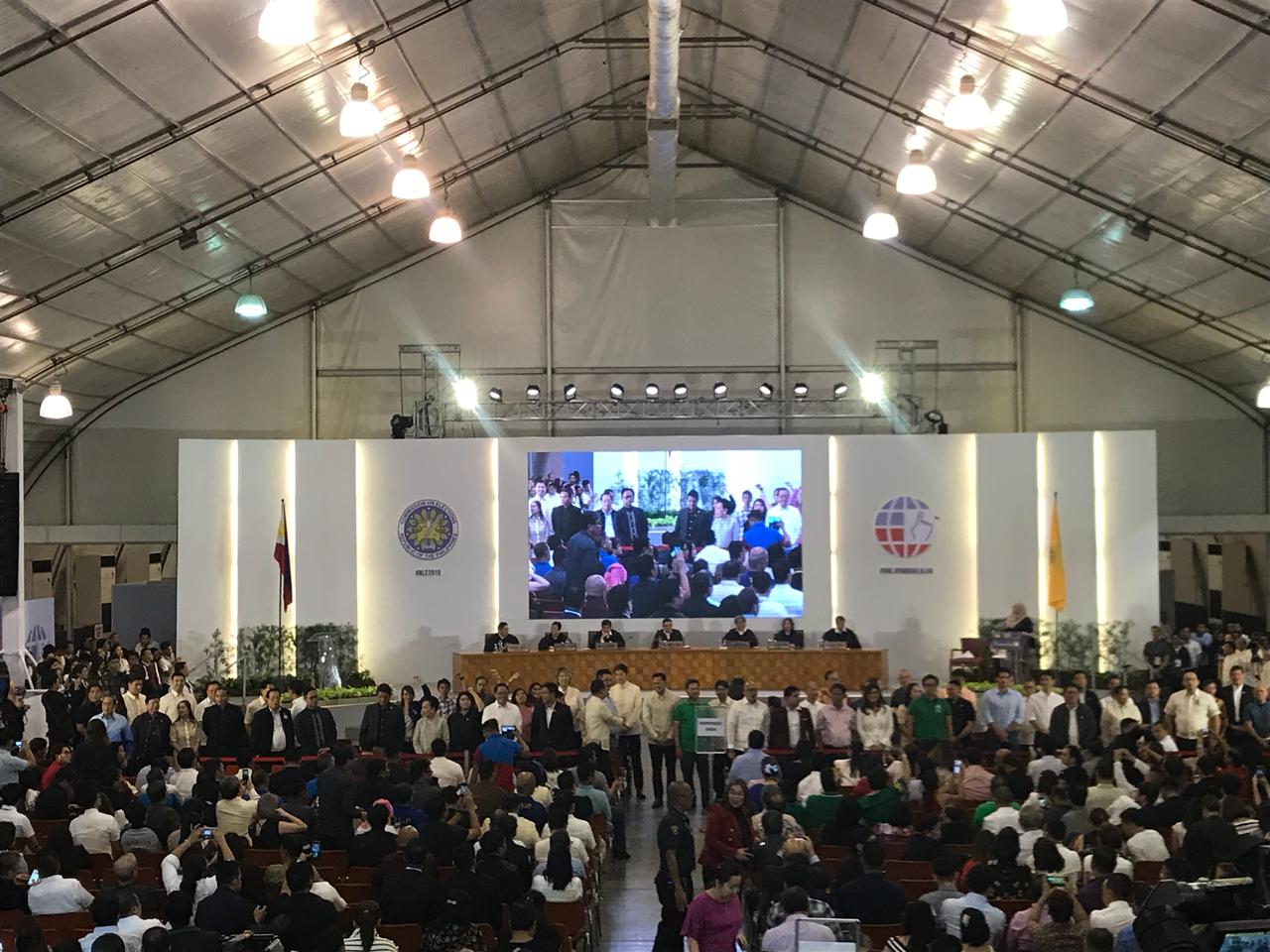MANILA, Philippines—Sixty-one party-list representatives from 51 different groups will join the 18th Congress in July after they were proclaimed Wednesday night by the Commission on Elections (Comelec).
The Anti-Crime and Terrorism Community Involvement and Support (ACT-CIS) party-list group will be given three seats in Congress after topping 180 other party-list groups in the May 13 midterm polls. Also getting three seats is Bayan Muna.
Meanwhile, Ako Bicol, Cibac, Ang Probinsyano, 1Pacman, Marino 2, and Probinsyano Ako party-list groups will be given two seats apiece.
Party-list groups that earned a seat in the lower chamber are: Senior Citizens, Magsasaka, APEC, Gabriela, An Waray, COOP-NATCCO, ACT Teachers, Philreca, Ako Bisaya, Tingog Sinirangan, Abono, Buhay, Duterte Youth, Kalinga, PBA, Alona, Recoboda, Bagong Henerasyon, Bahay, CWS, Abang Lingkod, A Teacher, BHW, Sagip, TUCP, Magdalo, GP, Manila Teachers, Ram, Anakalusugan, Ako Padayon, Aambis-owa, Kusug tausug, Dumper PTDA, TGP, Patrol, Amin, Agap, LPGMA, OFW Family, Kabayan, Diwa and Kabataan.
A group needs to get at least 2 percent of the total party-list votes to earn a seat at the House of Representatives. What remains of the 59 seats will then be distributed among party-list groups that got more than 2 percent.
READ: HOW IT WORKS: Party-list seat allocation in the House
The party-list system was enacted in 1995, through the Party-list System Act (Republic Act No. 7941), to give marginalized and underrepresented sectors a voice in Congress. However, it has been criticized for allegedly being utilized as a political vehicle.
According to election watchdog group Kontra Daya, nearly half or at least 62 groups that ran in the May polls have ties with political dynasties, represent special business interests, or are running with questionable advocacies. (Editor: Mike U. Frialde)
READ: Politicians exploit party-list system to build dynasties
